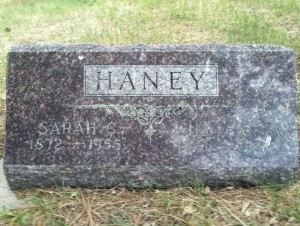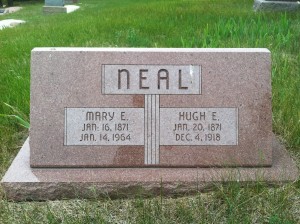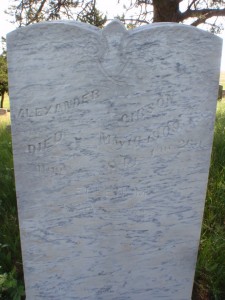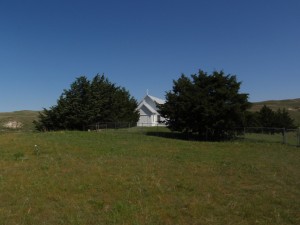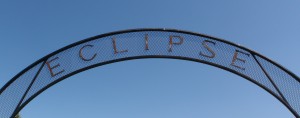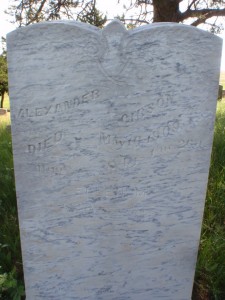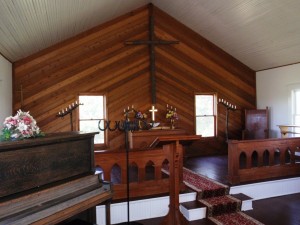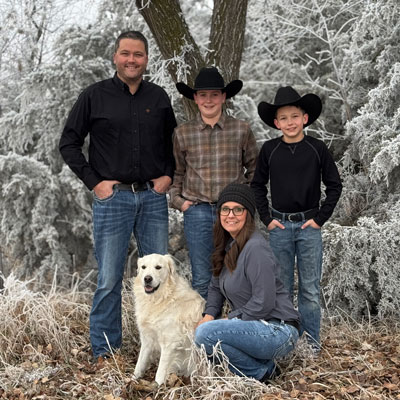The following is written from an article by Mrs. Mabel Quinn who had corresponded with Mrs. Thomas P. Wood, Cressage, England. Mrs. Wood was the former Elvira (Vira) Tucker.
On a very hot July day in 1890, a man, woman and little baby drove into Tucker’s from the east, in a covered wagon. They asked for milk for the baby and a meal for themselves. The three month old baby was very ill with dysentery, and had been very badly neglected. Mrs. Tucker bathed the little girl in an effort to abate her fever.
The man and woman claimed that the baby’s mother had died and the woman was a sister of the man. They insisted that Mrs. Tucker keep the baby for awhile as they had no way to keep milk for it, as they traveled to Whitman. Mrs. Tucker had four little children and would soon have another. She felt she must decline but suggested they go see the Dave Edwards family who lived a half mile down the Dismal River on the Grant Keith homestead. They consented to keep the baby and the father agreed to return for it the first rainy day they could get time off from his hayfield job near Whitman. They never returned and nothing more was heard from them. They had given a false employer’s name and the address was fake as well.
The little girl had seemed to be getting stronger and nearly well when suddenly a few weeks later she fell into convulsions and died.
There was no cemetery near. Mr. Tucker made a little pine coffin. Mr. Edwards dug a grave on the northwest corner of Mr. Tucker’s tree claim, located thirty miles southwest of Mullen, Nebraska in Hooker County and the little unknown baby was laid to rest. Mr Tucker put a barbed wire fence around the grave. Some time later the Edwards lost a baby and soon after so did the Tyrrels, neighbors of the Edwards to the east.
Mr. Tucker eventually fenced a plot of land and said he wanted it used for a community cemetery. After the post office was established in the Tucker home and name Eclipse, the cemetery became known as “Eclipse Cemetery”.
Funerals were usually held at the home if a minster could be found but most time only a hymn was sung by the group of gathering neighbors and friends and the Lord’s Prayer said in unison at the gravesite. In summer, prairie flowers were gathered and used and in winter the flowers from the house plants that every pioneer mother grew in her sod house windows were offered. There was no embalming of a body, no telephone over which to call a doctor if one could be found. Many a saddle horse made its last trip whose rider was endeavoring to get a doctor “in time” or to order a casket from Alliance or Broken Bow. Baptism was often administered by Mrs. N.L. Reuter.
The Tucker’s hospitality was always extended to the funeral parties and the women of the community always brought food and prepared a meal for their comfort. The men dug the grave and acted as pallbearers. In bad weather, the trip to the cemetery was made one day and the burial the next.
Of the many “who have come to make their bed” are those of diverse faiths, Mormons, Roman Catholics and almost any Protestant denomination one can mention.
Source:
McPherson County: Facts, Families, Fiction
Published 1986
Page 131
